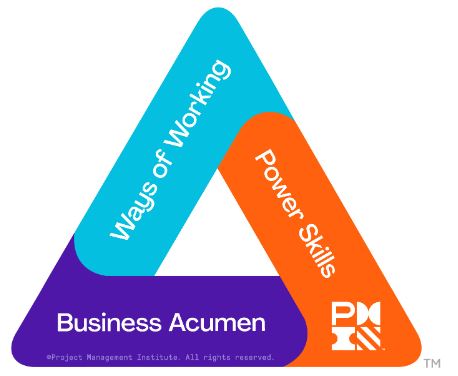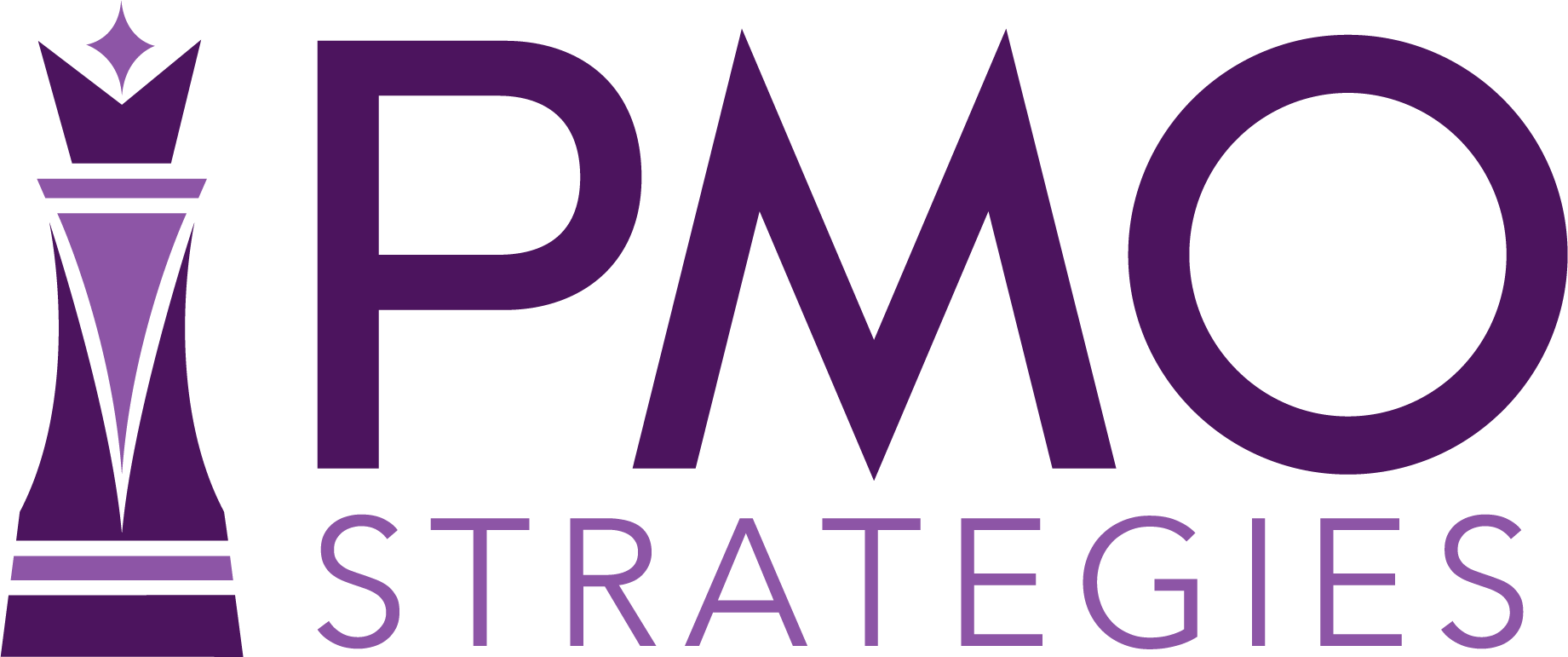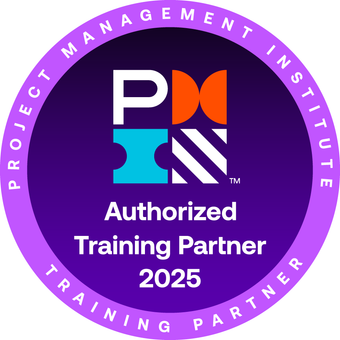Welcome to the PMO Strategies Podcast + Blog, where PMO leaders become IMPACT Drivers!

PMI Talent Triangle: Power Skills
Some leaders keep their head down and focus only on tasks and deadlines. Others step up as the ride-or-die right hand. They protect their leader’s credibility, solve problems under pressure, and bring calm when the room turns chaotic.
What sets you apart isn’t the number of hours you put in. It’s the confidence your leaders feel when they hand you something and know it will get done.
That’s the difference. Loyalty grows when you make their load lighter and give them one less thing to worry about.
In this episode of the PMO Strategies podcast, I share how to make that shift, what it means to be the “I’ve got your back” leader, and how to earn the trust that gets you promoted, protected, and pulled into the conversations that matter most.
The Signals That Shape Your Reputation
Executives rarely say out loud who they see as optional and who they count as essential. That judgment builds over time in how you show up under pressure and whether you bring relief or add weight to their load.
Leaders don’t measure your value by the number of tasks closed. They watch to see if they can hand you something and trust it will be done without worry.
At the executive level, people don’t have time to parse nuance. They read signals fast. If you create noise, they slot you as support. If you bring clarity, they count you as essential.
Over time, those signals build a reputation. You either become the person leaders promote, protect, and pull into the room, or the person they work around.
Here’s why the way you show up determines whether you become the ride-or-die right hand:
Mixed messages break trust
When you promise relief but create more noise, leaders stop leaning on you. Reports without context, updates without solutions, or issues raised without options all signal that you’re adding weight instead of lifting it. To shift that, anchor everything you share to outcomes. Frame problems with the options, the tradeoffs, and the decision needed.
Clarity earns confidence
Executives need fast, confident decisions. That means you anticipate the hard questions and address them upfront. Speak to what matters most: priorities, risks, and outcomes. When you do that, you reduce noise and make it easier for leaders to move forward.
Effort without results looks optional
Hard work without visible results is invisible. Leaders don’t reward hours logged. They reward results that make their job lighter. To change the equation, connect your work directly to the relief and outcomes they care about.
Presence shifts perception
Leaders remember how you show up when pressure peaks. If you communicate with calm, protect their credibility, and step in with solutions instead of excuses, they remember you as the person they can’t lead without. That presence shapes your seat at the table.
Show Leaders You’re Essential by How You Communicate
If the way you talk about your work sounds like you’re only moving tasks, leaders will treat you that way. They decide quickly who brings relief and who adds weight.
Pressure is constant. The leaders who earn trust speak with calm and focus even when the workload is heavy. They highlight outcomes and decisions, not noise.
Start by shifting how you share updates. Don’t stop at reporting activity. Show the purpose, the progress, the risks, and the choices. That’s what signals you’re carrying responsibility, not passing it up the chain.
You don’t need perfect words. What matters is sounding like the person who owns the plan, the tradeoffs, and the results. That’s what separates an optional contributor from the right hand leaders can’t lead without.
Here are five ways to make sure your communication proves you’re essential:
- Signal relief, not weight. When you speak, show that you’re making the load lighter, not heavier. Frame issues with options and next steps.
- Protect credibility. In every update, reinforce your leader’s position. Anticipate tough questions and address them before they land.
- Cut the noise. Keep your message short and anchored to outcomes. The clearer your point, the faster decisions get made.
- Bring solutions under pressure. Don’t stop at raising problems. Pair every issue with a path forward that shows you’ve thought it through.
- Show calm presence. When pressure peaks, communicate steadily. That steadiness tells leaders you’re the one they can hand work to and never worry again.
Stop Looking Useful. Start Being Essential.
This episode is a call to stop hoping leaders notice your hard work. Start signaling that you’re the right hand they can’t lead without.
If you’re delivering results but still not being pulled into the critical conversations, the problem isn’t effort. It’s how you show up when the stakes are high. Leaders are watching for relief and results. If all they hear is activity, they won’t see you as essential.
The shift comes from bringing calm, clarity, and solutions in the moments that matter most. That’s what earns loyalty and turns you from optional to essential.
👉 Click play above to learn how to build the executive trust that makes you the ride-or-die right hand, and earn the loyalty that gets you promoted, protected, and pulled into the conversations that matter most.
P.S. The IMPACT Insiders Book Club is so much more than reading a book—it’s a movement. Join us for live calls, deep conversations, and a behind-the-scenes look at how to create real change with The IMPACT Engine. It’s completely free—grab your seat now and don’t miss what’s next.
 Hey there, IMPACT Driver!
Hey there, IMPACT Driver!
Thanks for taking the time to check out our podcast and blog.
I welcome your feedback and insights!
I’d love to know what you think and if you love it, please leave a rating and review in your favorite podcast player.
You can also complete this survey to tell us more about you and get my advice on how to take your next steps toward high-IMPACT!
Warmly,
Laura Barnard









